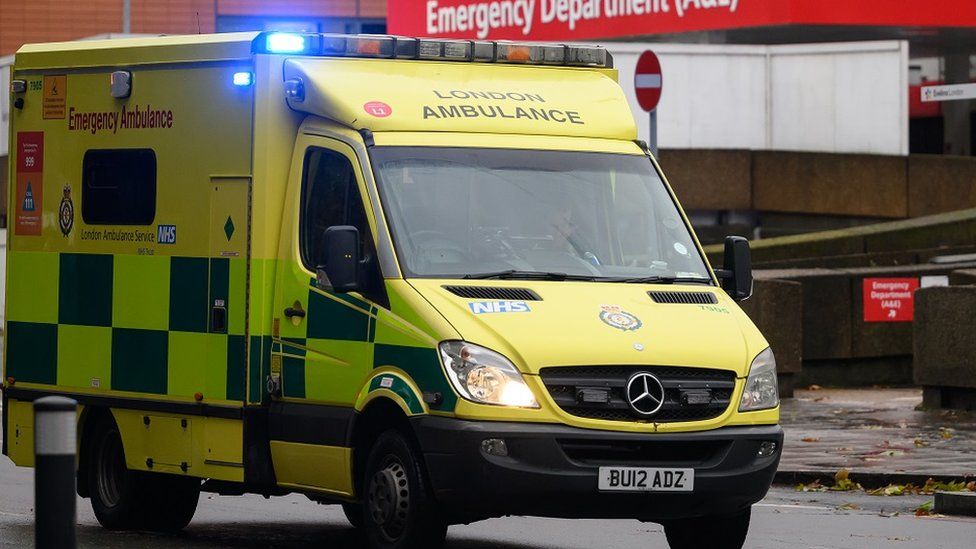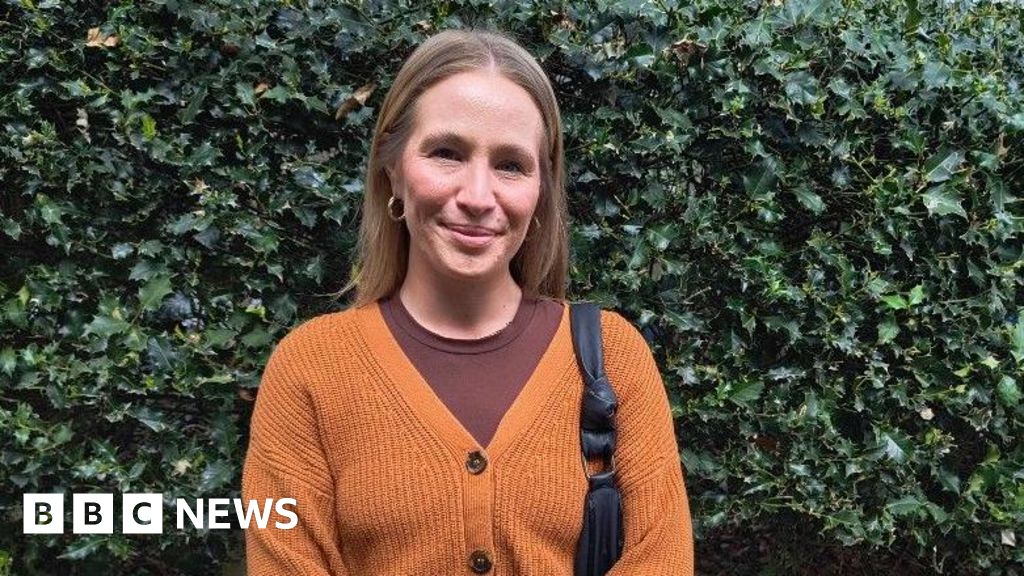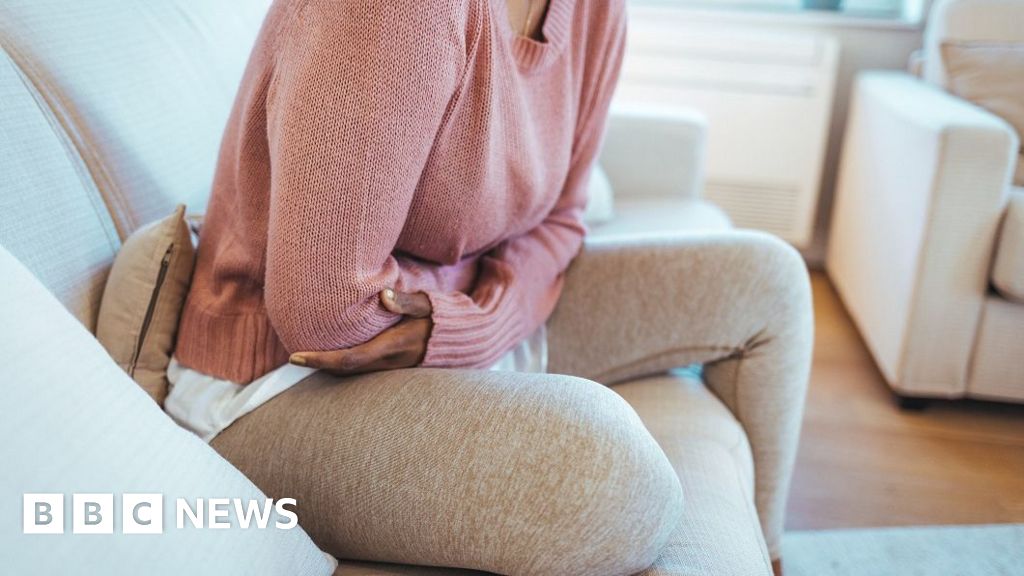ARTICLE AD BOX
 Image source, Getty Images
Image source, Getty Images
Some A&E departments are in a "complete state of crisis", the Royal College of Emergency Medicine has said, as it highlighted the extreme pressures facing the NHS this winter.
Dr Ian Higginson, the college's vice-president, said he was in "no doubt" there was a risk to patients.
Hospitals are facing soaring demands, which experts believe is in part driven by winter illnesses like flu and Covid.
The government said it recognised the pressures faced by the NHS.
According to the Royal College of Emergency Medicine (RCEM) - which monitors standards of care in UK A&E departments - the NHS is facing the worst winter for A&E waits on record.
A number of hospitals have declared critical incidents in recent days, meaning they cannot function as usual due to extraordinary pressure. Other trusts have told patients to avoid emergency departments unless their condition is life-threatening.
On Sunday, RCEM president Dr Adrian Boyle said between 300 and 500 people were dying every week as a result of delays to emergency care.
He said a severe flu outbreak, which was made worse by a lack of immunity because of Covid isolation measures, has resulted in bed occupancy reaching record levels.
"What we're seeing now in terms of these long waits is being associated with increased mortality, and we think somewhere between 300-500 people are dying as a consequence of delays and problems with urgent and emergency care each week," he told Times Radio. "We need to actually get a grip of this."
But NHS England's Chris Hopson said care needed to be taken "jumping to conclusions about excess mortality rates and their cause without a really full and detailed look at the evidence".
He said a study of the evidence was "under way", but until detailed work is conducted "it's really difficult to say".
Speaking on BBC Radio 5 Live, emergency consultant Dr Higginson said: "Emergency departments are in a really difficult and in some cases a complete state of crisis right now... and in many cases we are unable to provide care at the standard we would like."
"There's no doubt that if you can't get an ambulance to someone who's having a heart attack or a stroke, that some of those patients are going to come to harm and may die as a result of that.
"And there's no doubt that when we're trying to treat frail, elderly vulnerable patients on trolleys in corridors that we can't do the best thing by them. "
He said staff were doing their best, but investment was needed to support the health service.
In November, more than 37,000 people waited more than 12 hours in A&E for a decision to be admitted to a hospital department, according to data from NHS England. This was more than triple the equivalent figure for November 2021, when an estimated 10,646 waited longer than 12 hours.
Chris Hopson from NHS England said it was evident that the NHS was "under significant pressure at the moment" which he said could result in patients waiting longer for treatment.
He told BBC Radio 5 Live he feels "deeply uncomfortable" about the level of care sometimes being provided at moments of pressure.
Mr Hopson listed multiple factors that have contributed to pressures on NHS services including:
- 18% more people coming into A&E in the last six weeks compared to the same period last year
- Covid patients in England increasing to 9,500 compared to 4,500 a few weeks ago
- Some 3,750 flu sufferers in hospital beds compared to 520 one month ago
- Delayed discharges of medically fit patients, which currently stands at 12,000
- A growing population and a decline in living standards
He said adding all these together left "25,000 of the 100,000 NHS beds" filled with either medically fit patients waiting to be discharged and people suffering with either Covid or the flu.
Mr Hopson also said there were 9,500 NHS staff absent at the moment due to Covid.
However, the chief strategy officer urged people in need of medical attention to "come forward", but reminded patients to "use the best route" of support.
Saffron Cordery, interim chief executive of NHS Providers - which represent trusts in England - said the pressure on the NHS was "equivalent" to that of the early stage of the coronavirus pandemic.
She said the causes were coming from "various directions" including a backlog of operations, a worn-out workforce, staff shortages, lack of investment and continued Covid and flu cases.
Mr Cordery told PA news agency there were up to 133,000 staff vacancies across the NHS at the time.
There have been repeated warnings about the staffing crisis facing the health service, which last year was described as the worst workforce crisis in NHS history.
Meanwhile, separately nurses and paramedics went on strike in December and the British Medical Association has said it will ballot junior doctors this month. Nurses will again strike in England on 18 and 19 January and ambulance staff in parts of England on 11 and 23 January.
The government says it recognises the pressures being faced, and said it was providing £14.1bn in additional funding for health and social care over the next two years, as well as an extra £500m to try to speed up hospital discharges.

 2 years ago
57
2 years ago
57








 English (US) ·
English (US) ·